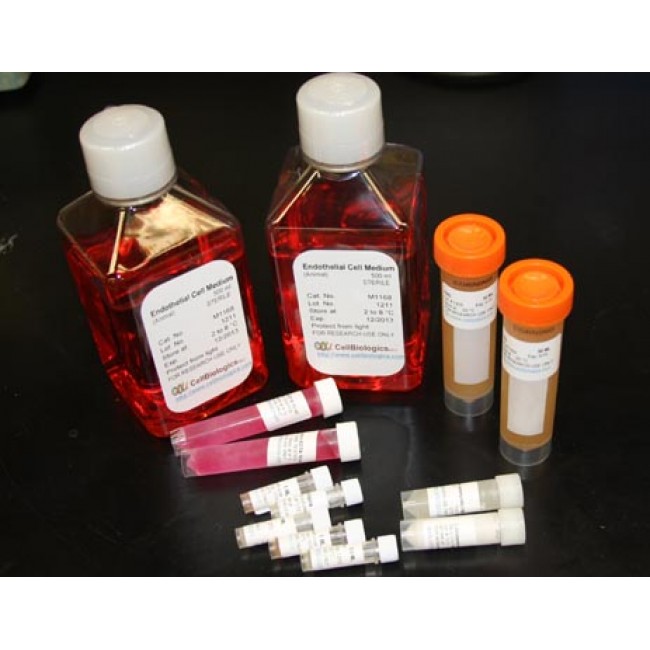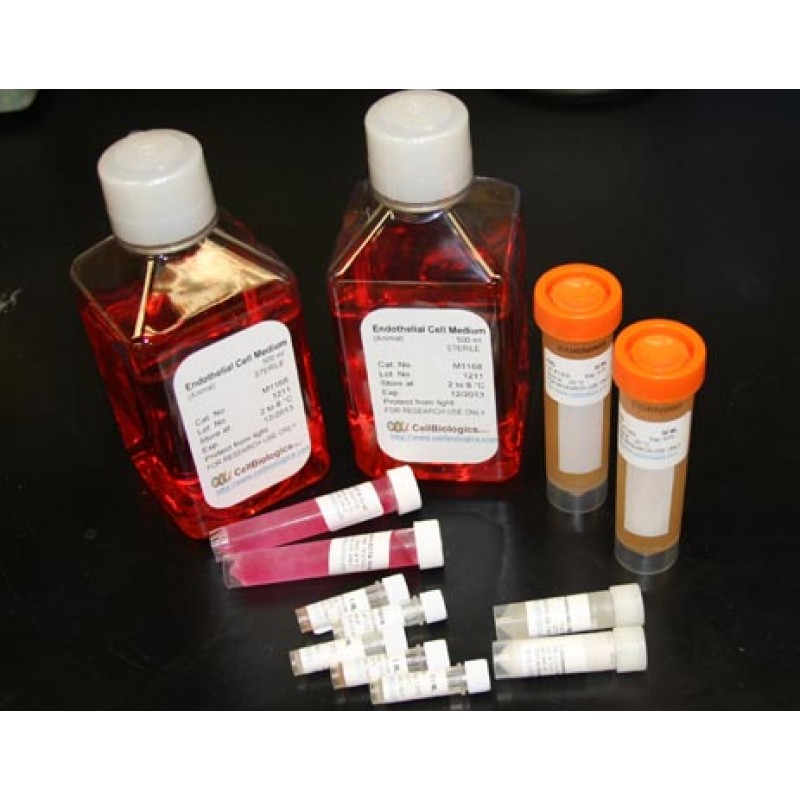BMPs are proteins that act to induce the differentiation of mesenchymal-type cells into chondrocytes and osteoblasts before initiating bone formation. Some of the proteins induce the synthesis of alkaline phosphatase and collagen in osteoblasts. Some BMPs act directly on osteoblasts and promote their maturation while at the same time suppressing myogenous differentiation. Other BMPs promote the conversion of typical fibroblasts into chondrocytes and are capable also of inducing the expression of an osteoblast phenotype in non-osteogenic cell types. Intracellular signaling following engagement of receptors for some BMP proteins has been shown to involve the action of SMAD proteins. A member of the TGF-beta superfamily, BMP-7 is expressed in human 293 cells as a disulfide linked homodimeric glycoprotein with a molecular mass of 29 kDa. Like other members of the BMP family of proteins, it plays a key role in the transformation of mesenchymal cells into bone and cartilage. This protein induces ectopic bone formation and may promote fracture healing in human patients.


